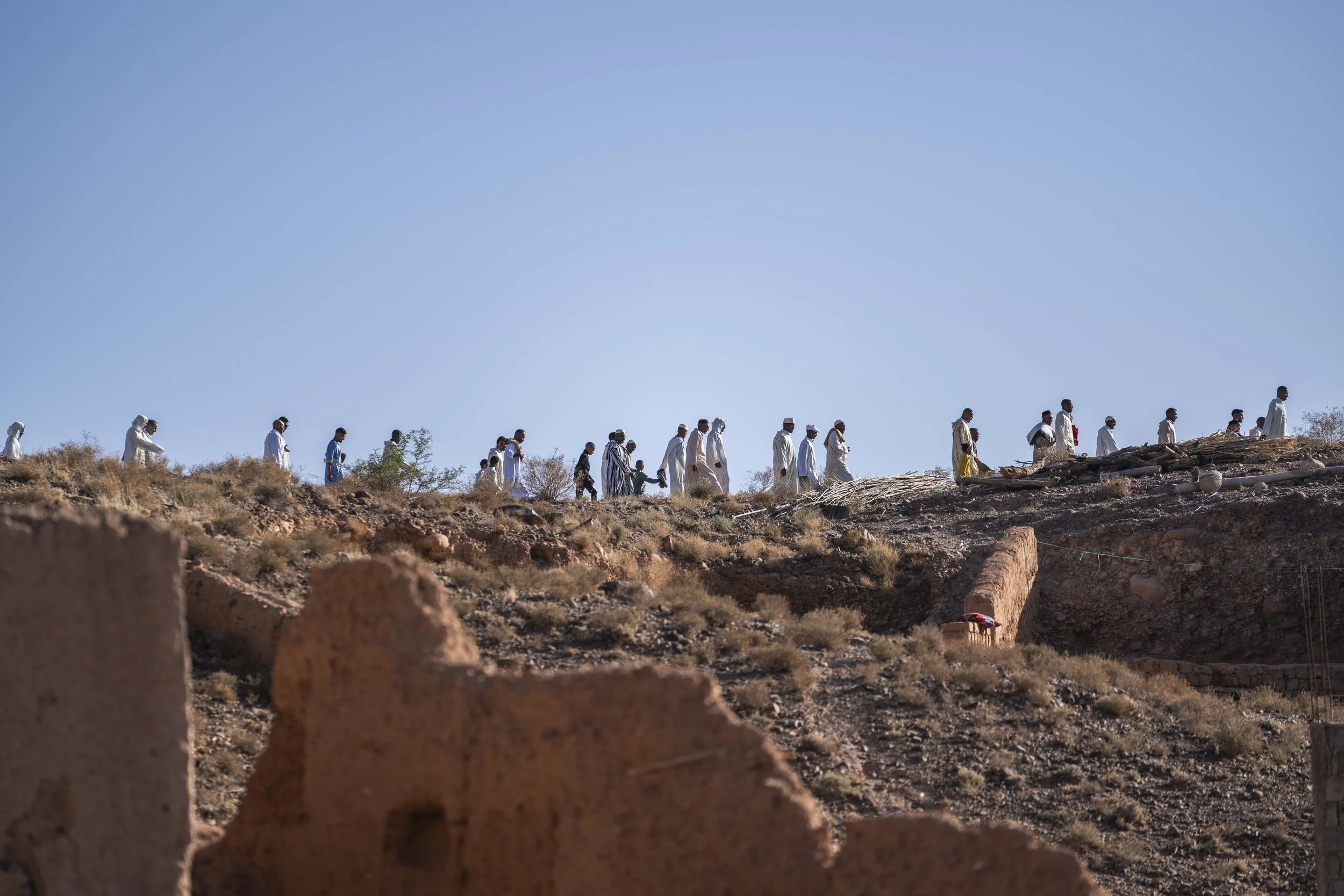PROJECT WORLD
-
Civilisation is a long-term research and documentation project designed to explore and archive ways of life, traditions, and cultural transformations worldwide. In an era of rapid change, it seeks to bear witness to the diversity of human societies by observing how communities rooted in centuries-old traditions negotiate their place in a shifting world.
The project’s first chapters will take place in Afghanistan, Tajikistan, and China, in regions where nomadic practices, ethnic minorities, and ancestral knowledge face contemporary challenges. However, these initial stages are merely an introduction to a much larger endeavor, one that aims to extend over several years and across numerous other territories and cultures.
-
One of Civilisation’s core principles is its commitment to a long-term perspective, countering the fast-paced, superficial documentation that often characterizes the modern world. The study of a society cannot be reduced to a single journey or one-time encounter—it requires repeated visits, deep immersion, and multi-temporal observation.
An initial stay often allows only for an exploratory approach, a preliminary mapping of cultural dynamics. Building trust with local communities takes time, gradually providing access to more nuanced narratives and deeper layers of the societies being studied. This is why returning is essential: it not only refines and completes the analysis but also allows for the observation of sociocultural changes that occur between visits.
-
While the project’s early stages focus on Central Asia and its peripheries, the ambition of Civilisation is to ultimately encompass a wide range of cultural contexts worldwide. The exploration of Pamiri nomads, Afghan minorities, and traditional societies in Xinjiang serves as a starting point, but it is part of a broader initiative that will expand to other regions of the world.
From the Sahelian belt in Africa to the Mongolian steppes, from the high plateaus of the Andes to the islands of the Pacific, the project will seek to document the interplay between heritage and modernity, to question forms of cultural resilience, and to highlight the invisible connections that bind these societies despite their geographical and historical differences.
-
Beyond its documentary aspect, Civilisation aims to reflect on the transmission, memory, and adaptation of human societies in the face of contemporary transformations. It is not only about archiving vanishing practices but also understanding how these cultures adapt, reinvent themselves, and interact with the globalized world.
This project follows a multidisciplinary approach, combining anthropology, history, ethnography, and territorial studies. It aspires to offer a nuanced perspective on global cultural dynamics, drawing from firsthand accounts, in-depth field research, and high-quality visual and written documentation.
-
The long-term goal of Civilisation is to create a living archive, a documentary repository intended to inform and enrich discussions on cultural diversity and societal transformations on a global scale. This body of work could eventually be made available to academic, museum, and cultural institutions, contributing to the preservation and promotion of intangible heritage.
In a world where sociocultural balances are constantly being redefined, Civilisation seeks to shed light on these transitional spaces, where traditions and modernity coexist, clash, or reinvent themselves. Understanding these processes is essential to grasp the challenges of the 21st century and rethink our relationship with the world and the societies that shape it.
